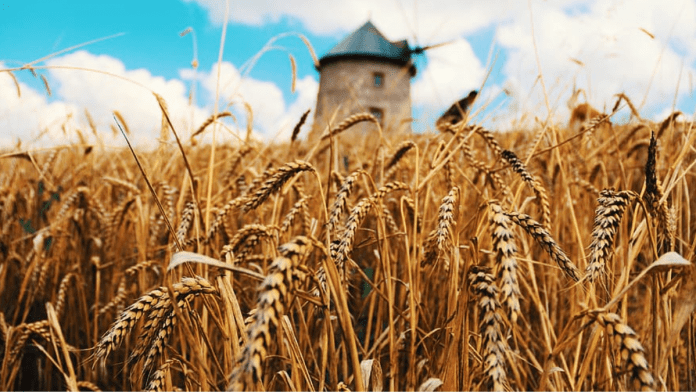News in brief:
– Agribusiness investors in Europe’s agricultural sector grows, enticed by drawn by stable returns amid farmers’ protests and global uncertainties.
– Shifts in land ownership towards large corporations raise concerns over the social fabric and call for policies ensuring controlled generational change to safeguard the countryside’s heritage and culture.
In the face of European farmers protesting soaring costs and foreign competition, agribusiness investors are doubling down on the agricultural sectors. The serene countryside, once the backdrop of farmers’ toil, is now a hotbed for investment funds and large agribusiness companies, yielding returns exceeding 15%, a report by Euronews says.
Amidst the upheavals caused by the COVID-19 pandemic, the Russian invasion of Ukraine, and global trade disruptions, agriculture emerges as a stable investment. While protests echo across Europe, farmers like Carlos Fernández in central Spain express bewilderment at investors eyeing their struggling lands. For them, it’s a lifeline; for farmers, an encroaching storm.
Craving for crisis-proof assets
Investors have identified agricultural property as a crisis-resistant asset, anticipating a 605 to 70% increase in food production by 2050 to feed the growing global population. Regino Coca, founder of Cocampo, emphasises that rural land resilience stems from a universal truth: everyone needs to eat.
Around 950 investment funds, managing â¬150 billion, focus on food and agriculture globally. In the last few years, 40% of major deals recorded by Valoral involved European agriculture. The disruption of global supply chains steers investments toward stable markets like Europe and the United States, where consumers wield greater purchasing power.
Land ownership in Spain is undergoing a seismic shift as well, 93.8% of farms are currently owned by individuals. The next decade foretells a transformation where large corporations will coexist with smaller farmers, capitalising on economies of scale, efficiency, and sustainability. As generational change looms, 40% of farmers over 65 years old face challenges, providing opportunities for investors.
Agricultural unions warn of social fabric erosion as the ownership landscape shifts. While investment funds and agri-food companies reshape the countryside, calls for strengthening agricultural cooperatives and policies ensuring controlled generational change reverberate. Regino Coca stresses the need for progress with caution, emphasising that the countryside is not just a business but a vital part of heritage and culture.



